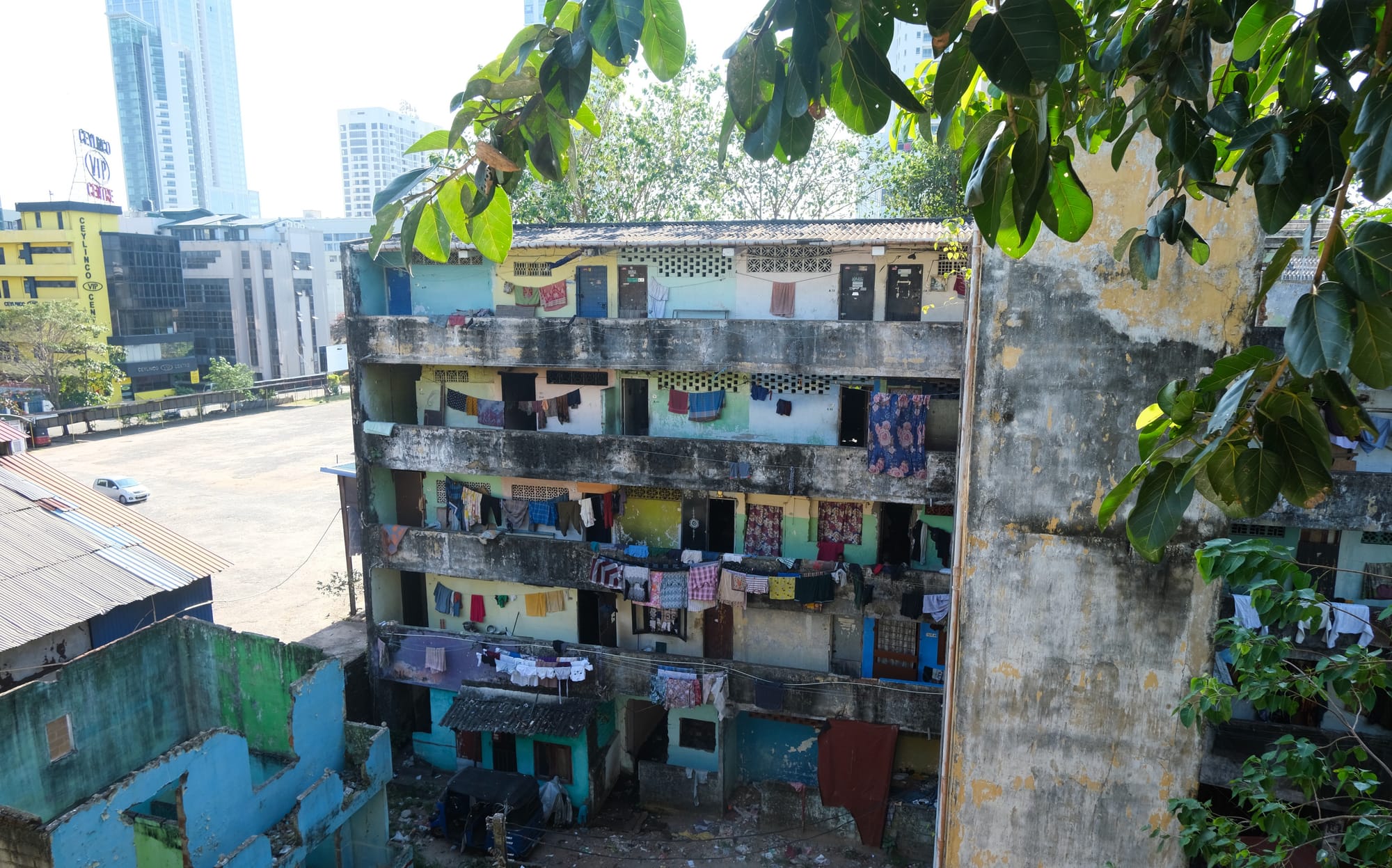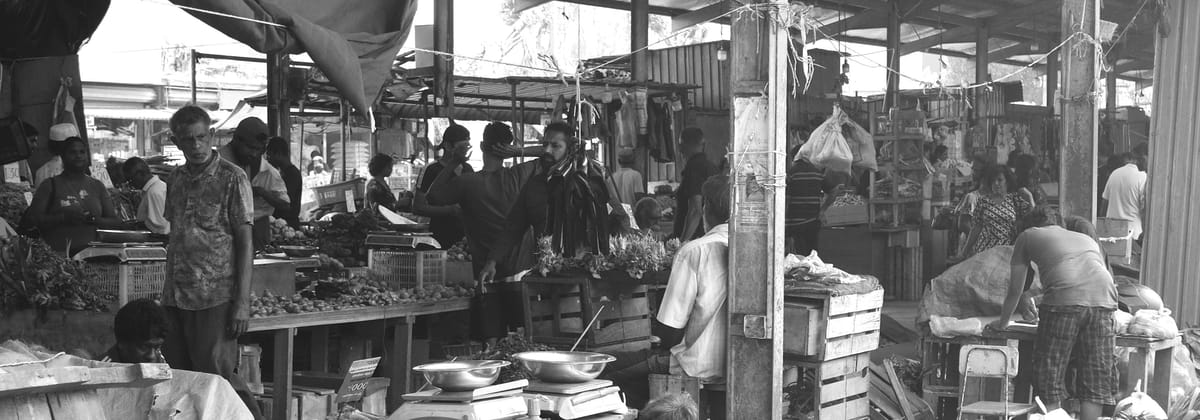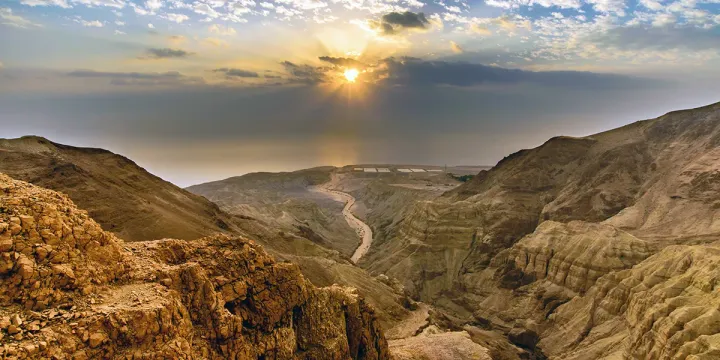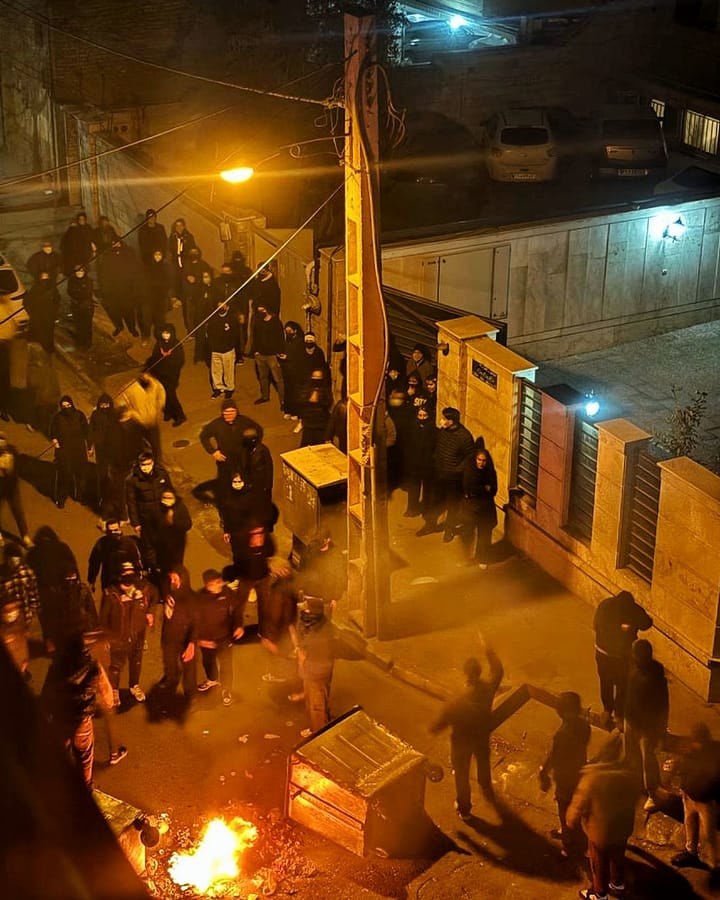There was once a man that’d been wounded by a poisoned arrow. And when his family wanted to find a doctor to help him, the man said no. The mortally wounded man said that before any doctor tried to help him, he wanted to know who had attacked him. What was his caste and where was he from? He also wanted to know this other man’s height, strength, skin tone, the kind of bow he used, and whether its string was made of hemp, silk, or bamboo. So, as he wondered if the arrow’s feathers came from a vulture, peacock, or falcon, and whether the bow was common, curved, or made of oleander, he ended up dying before getting an answer to any of his questions.
Parable of the Poisoned Arrow
Cula-Malunkyovada Sutta
Majjhima Nikaya (63) of the Buddhist Pali Canon
The wounded man in this parable from the Buddhist Pali Canon may sound irrational and illogical. However, as a Sri Lankan, I feel that most of us are acting like the wounded man. We are a confused and frustrated mass. This is because while we are focused on many aspects of the crisis we are living through right now, we either ignore or refuse to solve the problems (i.e.: treat the wound). Like the wounded man, we want to know what happened in the past, who is right and who is wrong, the names of the wrong doers, and, like the wounded man, we refuse to take responsibility for ourselves and to act.
Of course, this is a perspective, and I do not claim to know all the answers to all the questions. I am a Sri Lankan by birth and disposition. Although I have lived outside of Sri Lanka for most of my adult life, I have not done so out of a desire to separate myself from my fellow Sri Lankans. At the same time, I continue to collaborate with individuals, communities and institutions that are working on disaster risk reduction and sustainable development in Sri Lanka. In that, this is a commentary about myself, my society, and my country. I want to point out some of the paradoxical ideas and experiences in Sri Lanka. This is not a claim for absolute truth, but rather some pointers for discussion, debate, and dialogue.
We remain a confused and frustrated mass. We expect the benefits of a socialist system while demanding the individual gains of a capitalist system. This is a paradox, which is not only visible in Sri Lanka, but in most countries that are attempting to promote capital marketplace to alleviate poverty and stimulate sustainable development. It is admirable that Sri Lanka has continued with free education, free healthcare and many social programmes since its independence in 1948. At the same time though, the country, especially within education, keeps promoting individualised approaches to life instead of collective responsibility for generations: systematically discouraging production professions such as farming, pottery, or carpentry and advocating for non-production and middle-class jobs such as banking and clerical jobs. As far as I remember, the aim of going to school was to become a doctor, engineer, lawyer, accountant, banker or at least a civil servant. As a child, I was told at school “Jayawickrama! If you don’t do well in exams, you will end up becoming a farmer” by many teachers. Today, it would be a difficult task to find a child or teenager who is aspiring to become a farmer, carpenter, or artist to do so by their own choice and with the support of their family.

A Colony to Post-colony
In contrast to our neighbour, India, Sri Lanka (formerly Ceylon) received independence from the British Empire without a deep-rooted transformative movement. Led by Mahatma Gandhi and many other men and women, the Indian independence movement was not just a political movement but a socio-economic project that intended a good life and dignity for all. While there are many challenges within the Indian experience, it is also noteworthy that the legacies of that movement are discernible in domains such as education, health, and efforts for development today. Sri Lanka, in contrast, didn't have an independence movement that anticipated delivering social transformation. Instead, a group of elites took over the ruling of Sri Lanka by continuing with a governance system that was established by the British Empire. From the beginning, Sinhalese ethnic and religious nationalism, and Tamil elite nationalism obstructed the formation of a true Sri Lankan democratic process capable of imagining social, political, economic, cultural, and environmental governance. Although the Sinhala, Tamil, and Muslim elites understood very well the importance of equal collaboration, Sri Lanka anyway surrendered to ethnocentrism and majoritarianism.
From the Soulbury Constitution (1946) to the Republic Constitution (1972) to the 1978 Constitution, all carried a colonial legacy in Sri Lanka.[1] While, in theory, all these constitutions promoted equality and equal rights, the policies and mechanisms were not owned by the people of Sri Lanka. In return, people haven’t experienced true democratic rights and responsibilities since independence. Instead, they continue to be the “subjects” of the ruling elites and successive governments. The people were and still are treated as a thing to be dealt with. In return, we were left with the idea that certain individuals would “save” us from the challenges we were facing. In my lifetime as an adult, we had Mrs Chandrika Bandaranaike Kumaratunga in 1994, Mr Mahinda Rajapakse in 2006, Mr Maithripala Sirisena in 2015, Mr Gotabhaya Rajapakse in 2019, Mr Ranil Wickramasinghe in 2022, and finally Mr Anura Kumara Dissanayake in 2024 as saviours of the country. The majority of the Sri Lankan population believed and still believe in such individuals without taking responsibility for their own development. The attitude seems to be: “I have done my duty by voting this president, so it is now up to the president to do their job. I will continue with whatever without changing my own ways of doing things.”
Following the colonial masters, we continue with our district systems, administrative systems, education and healthcare systems, and political systems without a discourse that turns on the question of what we really need. Since 1948, we have never had this discussion. Instead, we experienced bloody violence in our country killing many people. The question to ask of ourselves would be: have we ever become independent, especially in our minds?
Corruption as Moral Contradiction
Since 1965, Sri Lanka has experienced financial crises and obtained International Monetary Fund (IMF) bailouts 16 times (this is without calculating the current bailout).[2] So, what we are experiencing right now is not necessarily new. Since 1977, with the introduction of the market economy, we have experienced a rise of a middle class that doesn’t contribute to production, however, continues to be the largest consumer in the country. The government income is gradually decreasing, yet the expenditure has been increasing. Sri Lanka is a country that is not moving forward – to the right or left!
Over the past 48 years, Sri Lanka has been pushed to move away from a production economy to a service economy. In the 1980s and 1990s, many rural young women and men moved from their farming lands to work in the newly established Free Trade Zones (FTZs), tourism, and other service jobs, to earn a “better” living. This is only one example of the failure. Then with the market economy came the corruption that all capitalist systems embed. Financial corruption became habitual across national and local political and economic systems. However, the most dangerous and ignored aspect is the moral corruption now present at every level. For example, using the taxpayer’s money, Sri Lanka’s free education produces medical doctors through primary, secondary, higher education and even foreign training. Many of these doctors now work for or in some cases own private hospitals that charge patients. The moral corruption in healthcare is so blatant: the same taxpayer who paid for the education of a doctor must now pay that same doctor again to get treatments today! This kind of double-dealing has become so commonplace that no one is willing to question or challenge it, and so it continues to pervade many other government services. Within this context, it is not even a question, that the experts and specialists trained by the Sri Lankan state are migrating to other countries without giving back to the country.[3] Can we expect our politicians to be virtuous when we, ourselves are corrupted?
Individual Responsibility to Collective Action
On one hand, many of us remain a confused and frustrated mass with the social, political, cultural, economic, and environmental context of Sri Lanka. On the other hand, we don’t want to take our individual responsibility for any of these problems ourselves. Of course, one can argue that these are structural and systematic challenges. However, aren’t we the system? Don’t we have our own responsibility for the very system that is supposed to be serving us? In general, we don’t follow the traffic lights, we teach our children to lie so that they can get into “better” schools, whenever possible we bribe the local to national government officers, and yet, we expect our sociopolitical and economic system to be pure! The long lines at the Department of Immigration and Emigration show that many of us are not even interested in living in Sri Lanka. Of course, our lives are challenging and difficult. Essential foods such as rice and coconut are extraordinarily expensive, while the cost of living is skyrocketing. Whatever we earn is not enough to feed our families or educate our children. However, if we give up on our hope and commitment towards our own country, how can it be developed? Our country is a reflection of ourselves, and we need to be mindful of that.
As an island state, Sri Lanka is being heavily impacted by the climate crisis, which in turn affects our health, agriculture, fisheries, tourism, and many other facets of life. We cannot pass our responsibilities and duties to politicians or political parties anymore. We are at a crossroads as a country and society.
It is not too late to establish a discourse about the development of Sri Lanka, which is our responsibility and duty – yes, it is everyone’s responsibility and duty. But we must change individually to come together as a collective. Like the wounded man from the story above, should we remain a confused and frustrated mass or take responsibility for dealing with the crisis ourselves?
Janaka Jayawickrama is Professor of Social Anthropology and Director of the Research Centre for Health and Wellbeing at Shanghai University, China. Trained in India, the USA, and UK, Janaka has been collaborating with disaster, conflict, and uneven development affected communities in Asia, Africa, and West Asia (or Middle East) since 1994. He continues to work in Sri Lanka in collaboration with universities and community groups on disaster risk reduction, development, and climate change. Janaka holds many honorary positions with universities in the UK, Sweden, China, Bangladesh, and Sri Lanka.
[1]Edrisinha, R. and Selvakkumaran, N., (2000), The Constitutional Evolution of Ceylon/Sri Lanka 1948–1998. Sri Lanka’s Development since Independence, In Lakshman, W.D. and Tisdell, C.A., (eds), Sri Lanka's development since independence: socio-economic perspectives and analyses, New York: Nova publishers, pp.95-112.
[2]International Monetary Fund, (2021), Sri Lanka: History of Lending Commitments as of September 30, 2018, Available at: https://www.imf.org/external/np/fin/tad/extarr2.aspx?memberKey1=895&date1key=2018-09-30, Accessed on February 26, 2025
[3]De Silva, A.P., Liyanage, I.K., De Silva, S.T.G., Jayawardana, M.B., Liyanage, C.K. and Karunathilake, I.M., (2013), Migration of Sri Lankan medical specialists, Human resources for health, 11, pp.1-6.



